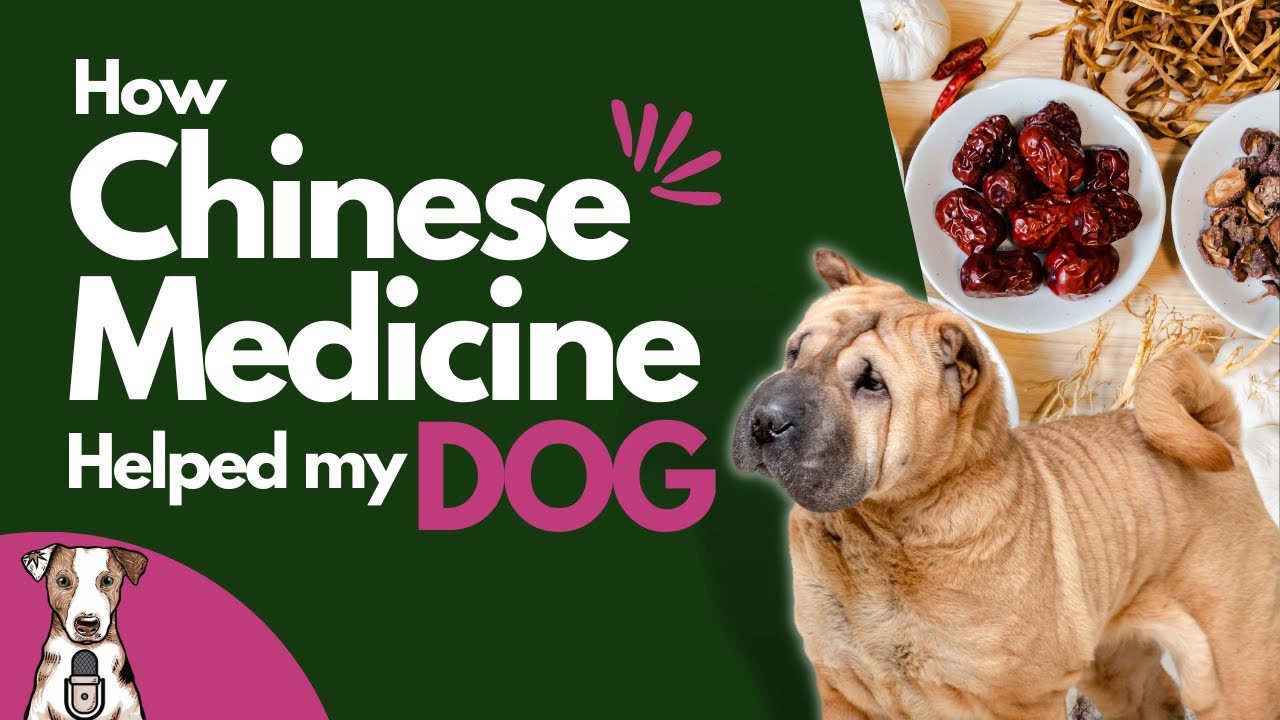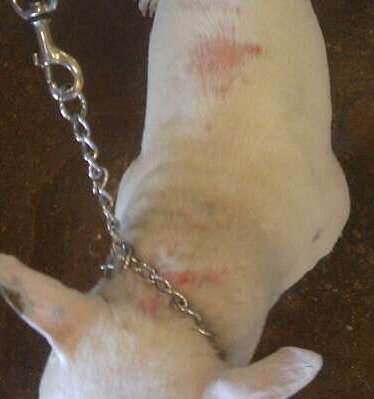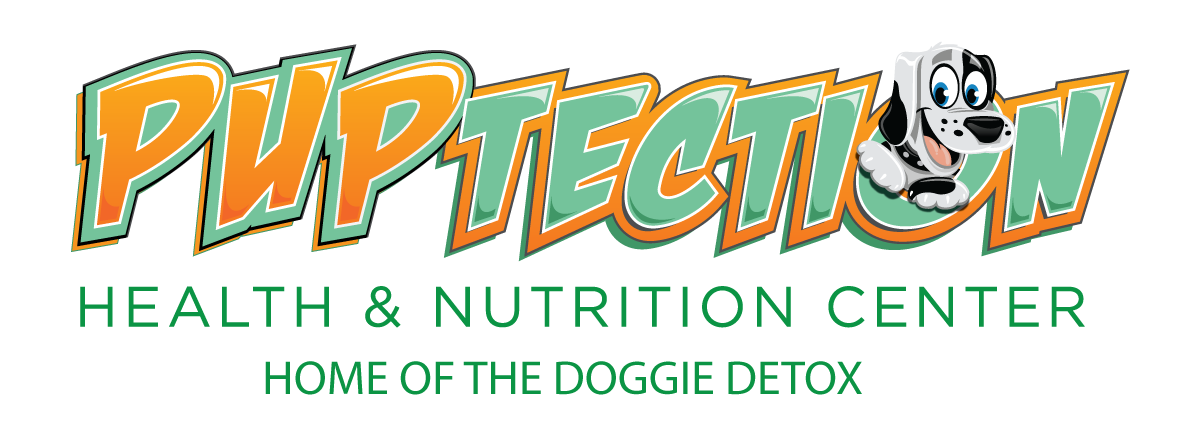
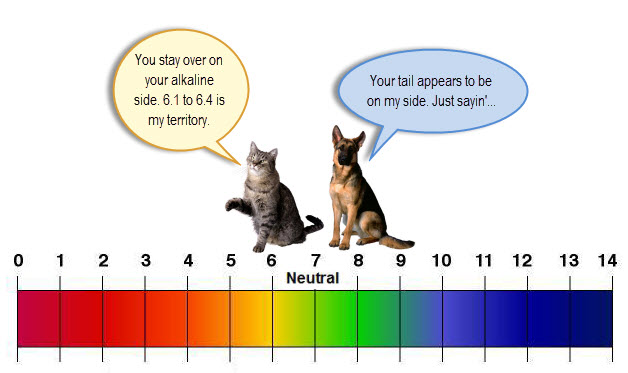
Understanding the Alkaline Diet for Dogs: pH Levels, Health Benefits, and Considerations
Alkaline Diets for Dogs
At PUPtection we highly recommend the alkaline diet for dogs. An High Alkaline Phosphatase Diet is an organic balanced diet composed of alkaline/acidic foods to raise/lower and balance your pet’s ph levels [immune system and healthy internal environment]. An High Alkaline Phosphatase Diet can rapidly change the health of your pet. By using naturally accruing enzymes, vitamins, probiotics, phytochemicals, and antioxidants derived from organic raw fruits and vegetables, meats, exotic herbs, oils, and clays, we can re-balance organ function, repair internal/external damage, and naturally rebuild your pets system on a cellular level. High Alkaline Phosphatase Diets have helped several animals with acute to chronic illnesses such as; Ear infections, allergies [all types], sensitive stomachs, hives and hot spots, Inflammatory bowel disease IBD and IBS, cancer, dental ulcers, arthritis and dysplasia’s, etc.
What is pH and How Does it Relate to Your Dog’s Diet?
Before diving into the specifics of an alkaline diet for dogs, it’s important to understand the concept of pH levels. pH measures how acidic or alkaline a solution is, with a scale ranging from 0 to 14. Solutions with a pH above 7 are considered alkaline, while those below 7 are acidic. Pure water, with a neutral pH of 7, sits in the middle of this scale.
pH Levels in Commercially Prepared Dog Foods
Most commercially prepared dog foods have a pH level that varies depending on the type of food and its ingredients. Typically, these foods are slightly acidic to neutral. However, the pH level of a dog’s diet can influence their overall health, particularly if they are prone to specific conditions like kidney or bladder stones.
Components of an Alkaline Diet for Dogs
An alkaline diet for dogs focuses on incorporating foods that have a higher pH level, aiming to create a less acidic environment in your dog’s body. This diet generally includes:
- Fresh Vegetables: Leafy greens like spinach and kale, as well as vegetables like carrots and zucchini.

- Fruits: Apples, blueberries, and pears are often included.
- Lean Proteins: Sources like chicken and fish, avoiding heavily processed meats.
- Whole Grains: Brown rice and quinoa can be part of this diet.
The Role of Alkaline Water in Your Dog’s Health
Alkaline water is water with a higher pH level than regular tap water. Proponents of alkaline diets for dogs suggest that drinking alkaline water can help neutralize acidity in the body, potentially improving health. It may support overall hydration and assist in reducing acidity-related issues such as kidney stones.
Health Benefits of an Alkaline Diet for Dogs
An alkaline diet for dogs may offer several health benefits, including:
- Improved Digestion: An alkaline diet can help balance stomach acid levels, potentially reducing digestive discomfort.
- Enhanced Immune Function: By reducing acidity, the diet may support a stronger immune system.
- Reduced Risk of Kidney and Bladder Stones: Maintaining a less acidic environment can lower the risk of forming these painful stones.
- Better Skin and Coat Health: Some owners report improvements in their dog’s skin condition and coat quality.
When an Alkaline Diet for Dogs May Not Be Ideal
While an alkaline diet for dogs can offer numerous benefits, it might not be suitable for every pet. Some considerations include:
- Specific Health Conditions: Dogs with certain health conditions may require a different dietary approach.
- Nutritional Balance: Ensuring that the diet remains balanced and provides all necessary nutrients is crucial. Overemphasis on alkaline foods could lead to deficiencies if not managed properly.
- Veterinary Guidance: Always consult with your veterinarian before making significant changes to your dog’s diet, especially if they have existing health concerns.
The pH Levels of Commercially Prepared Dog Food – Alkaline Diets for Dogs
Except for certain prescription diets designed to alter a dog’s urinary pH level to prevent the formation of bladder and kidney stones, most commercially prepared dog foods tend to have acidic pH levels.
What is an Alkaline Diet
A homemade alkaline diet for dogs is comprised of natural raw foods, especially vegetables. Foods that may increase dietary alkaline levels include: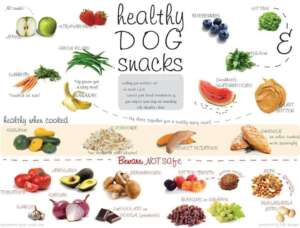
- alfalfa
- apples
- bananas
- beans
- celery
- cruciferous vegetables (broccoli and cabbage)
- cucurbit vegetables (pumpkins and squash)
- potatoes
Natural apple cider vinegar, unsweetened cranberry juice and vegetable juices can also increase dietary alkaline levels.
In addition to the vegetables listed above, your dog’s body will benefit from a raw food diet that includes bones and organ and muscle meat. You can supplement the meat with greens, such as kale, parsley, romaine, spinach or spirulina algae, to further boost its alkaline level.
The Benefits of Alkaline Water
Several companies are now touting the health benefits of alkaline ionized water (and the accompanying water treatment systems) for pets and people. This specialized water has been credited with improving the health of dogs with a variety of diseases and chronic conditions, including:
- arthritis
- digestive problems
- hip dysplasia
- respiratory problems
- thyroid disorders
- boosts immune system
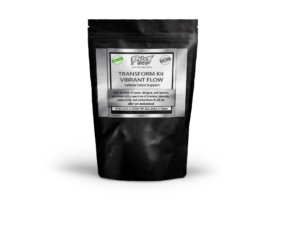 Many human nutritionists have boasted about the benefits of the alkaline diet for dogs as well as alkaline water [specially ionized water to increase oxygen production in the body] for people and after further research are now recommending it for pets to maintain health, prevent illness, and take years off of senior pets. We want to be the first to bring this innovative method to you and your pets so if you’re interested in an alkaline diet for your pet please don’t hesitate to call or stop in….
Many human nutritionists have boasted about the benefits of the alkaline diet for dogs as well as alkaline water [specially ionized water to increase oxygen production in the body] for people and after further research are now recommending it for pets to maintain health, prevent illness, and take years off of senior pets. We want to be the first to bring this innovative method to you and your pets so if you’re interested in an alkaline diet for your pet please don’t hesitate to call or stop in….
Conclusion
Understanding the impact of pH levels and adopting an alkaline diet for dogs can help support your pet’s overall health. By incorporating alkaline foods and potentially alkaline water, you can create a more balanced internal environment for your dog. However, it’s essential to ensure that the diet remains nutritionally complete and consult with your veterinarian to tailor it to your dog’s specific needs.
Always Consult Your Veterinarian First
If you have any serious concerns about your pet’s health, it is essential to consult with your veterinarian before taking any action.
Puptection Health & Nutrition Center Disclaimer
The information provided on Puptection Health & Nutrition Center’s website is for general informational purposes only and should not be considered as veterinary advice, diagnosis, or treatment. Always seek the guidance of your veterinarian for any concerns or questions about your pet’s health. Do not ignore or delay seeking professional veterinary advice based on information you have read on this website.

